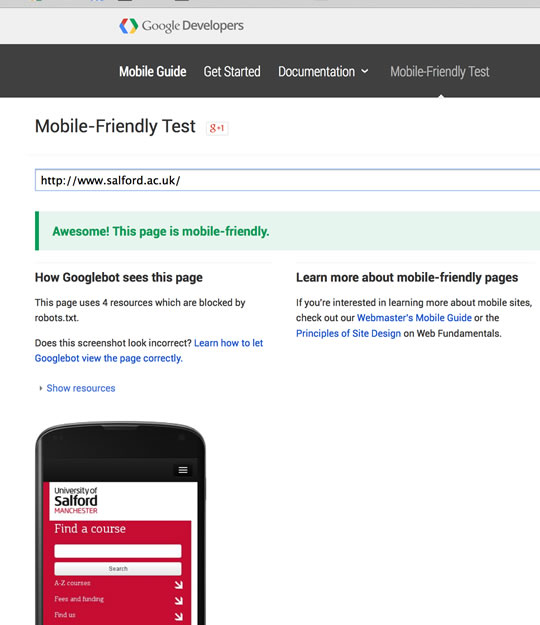As of April 2014, OFCOM reports the number of adults in the UK to be using social media at around 66% – with nearly all of these (98%) using a search engine as an information source. With this information the importance of Search Engine Optimisation knowledge (SEO) doesn’t need to be debated; it’s hugely important and more so is the importance of continues professional development in the SEO industry.
Searching for Search Engine Optimisation
However, with Google updating their algorithm for search results over 500 times a year – some of these being quite significant updates – it can be very difficult to keep up to date with what is good for SEO and what isn’t.
Some examples of how Google Algorithm changes have affected sites in the past include:
Panda update
Panda (CC) Marc Blickle
Penguin update
Penguin (CC) by Magnus Bråth
Penguin was introduced in April 2012. It’s purpose was to better catch sites deemed to be spamming its search results. For example those who bought links were penalised.
Pigeon update
Pigeon was introduced in July 2014 to provide more useful, relevant and accurate local search results. Google have stated this update improves their distance and location parameters.
Hummingbird update
Released in September 2013. Unlike the above, Hummingbird was an entirely new search platform Google switched to. Hummingbird made it so the whole search query is taken into account rather than just particular words.
Mobilegeddon update
In fact, some significant algorithm changes have already taken place this year. This includes the update rolled out on the 21st April dubbed ‘Mobile-Geddon’ by many. Companies with non-mobile friendly websites were penalised in the google search results, in fact, according to Zineb Ait Bahajji (Google’s Webmaster Trends Analyst), the update affected websites more than the Panda and Penguin Updates. So companies that weren’t aware of this information and had a non-mobile friendly website can expect to be penalised in the google search results if they haven’t already. Examples of these companies include Valero Energy – who are actually featured in the Fortune500. Importance of SEO can be seen from this example, as looking for energy companies in Texas will provide you with a mountain of results before directing you to the company which is featured in the Fortune500, unlike all the others ranking above it. This shows it doesn’t matter how big your brand is, with poor SEO a website will struggle to rank.
Does your website stand out?
(CC) by SEO
Companies that still have a non-mobile friendly website at this point are a prime example of how not keeping up to date with changes in the SEO industry can cost your organisation. Companies cannot afford to be blind to algorithm changes as not changing with these means being left behind. What once worked in terms of getting better SEO results now may not, or in fact do the opposite and penalise your rankings.
However, with google changing over 500 times a year it can certainly be difficult to keep up to date, and while some websites and tools are great for keeping up to date with changes, understanding the information they provide is a different task all together.
So, how can the modern Website Developer keep up to date on all of the changes? Continuing Professional Development.
Continuing Professional Development (CPD) is a combination of learning activities through which professionals maintain and develop skills throughout their career. It is essential to people working in almost every industry, and It’s relevance to the SEO industry is huge. Without CPD many people could be left clueless to google algorithm updates and their effects.
The benefits of CPD most definitely outweigh the costs, so what are you waiting for? Get searching for Continuing Professional Development courses on Search Engine Optimisation.
Do you agree? Use the comments section below and share your thoughts on the importance of SEO in your organisation.








